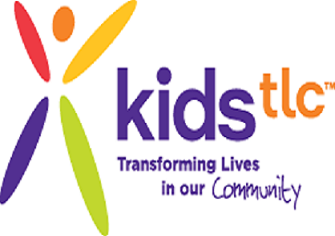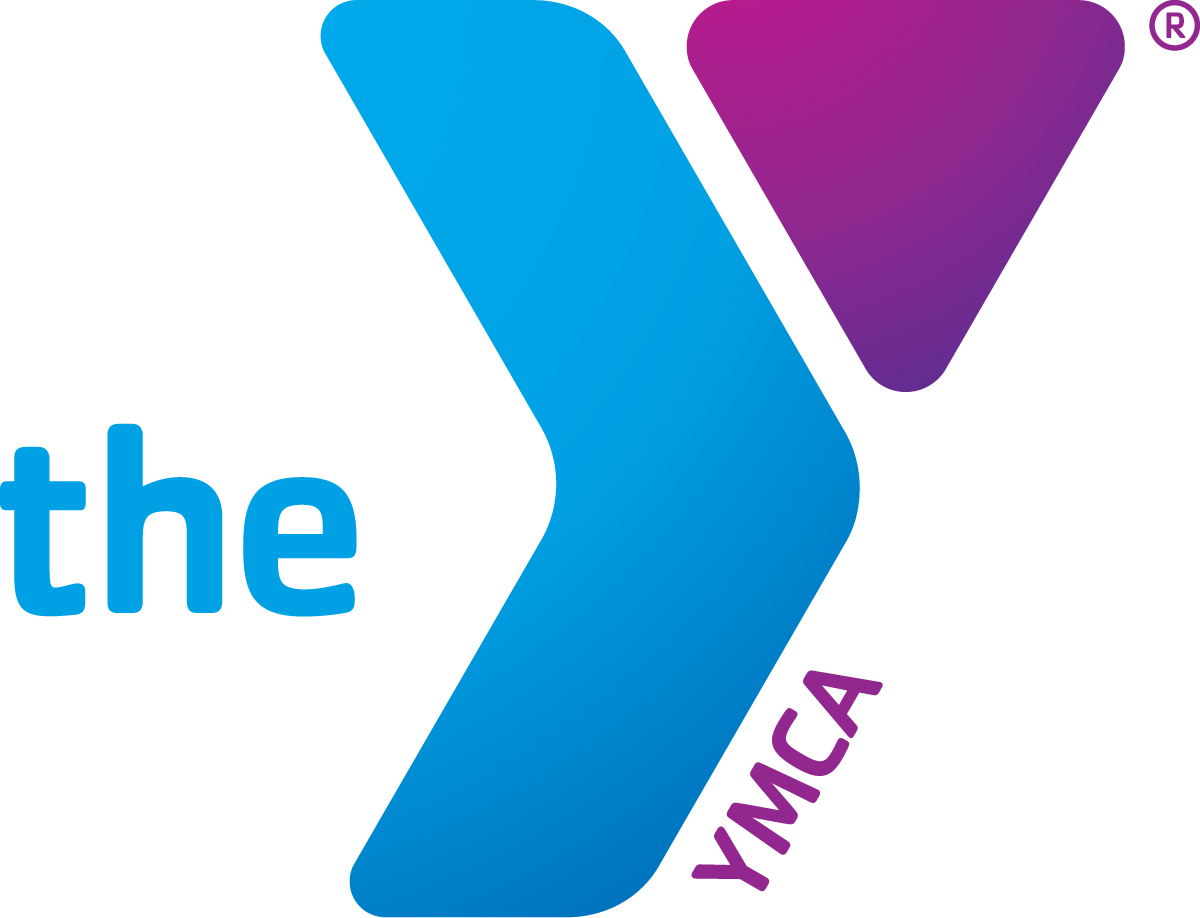28 Jan Denied and Denied Again by: Kellie Brungard, GPC
Posted at 18:00h
in Competency Eight, Funder Relations, Kellie Brunguard, Organizational Development, Relationships, Strategy
Denial can be challenging, especially when your grant proposals seem to be on a losing streak. Before you start rethinking your grant strategy or wondering if you’re doing something wrong, there may be other proactive steps and factors to take into consideration. Grant funding is complex. There are a multitude of funding streams, networks and relationships, and preferences involved—most of which are beyond your control. And while you can do your best to present an aligned, impactful proposal, sometimes you will never know the reason a proposal is denied. Sometimes, a string of denials prompts a self-evaluation to evaluate how you could do better, or you take the rejection personally. While self-awareness is important, so is understanding the factors that are beyond your control in an application.



